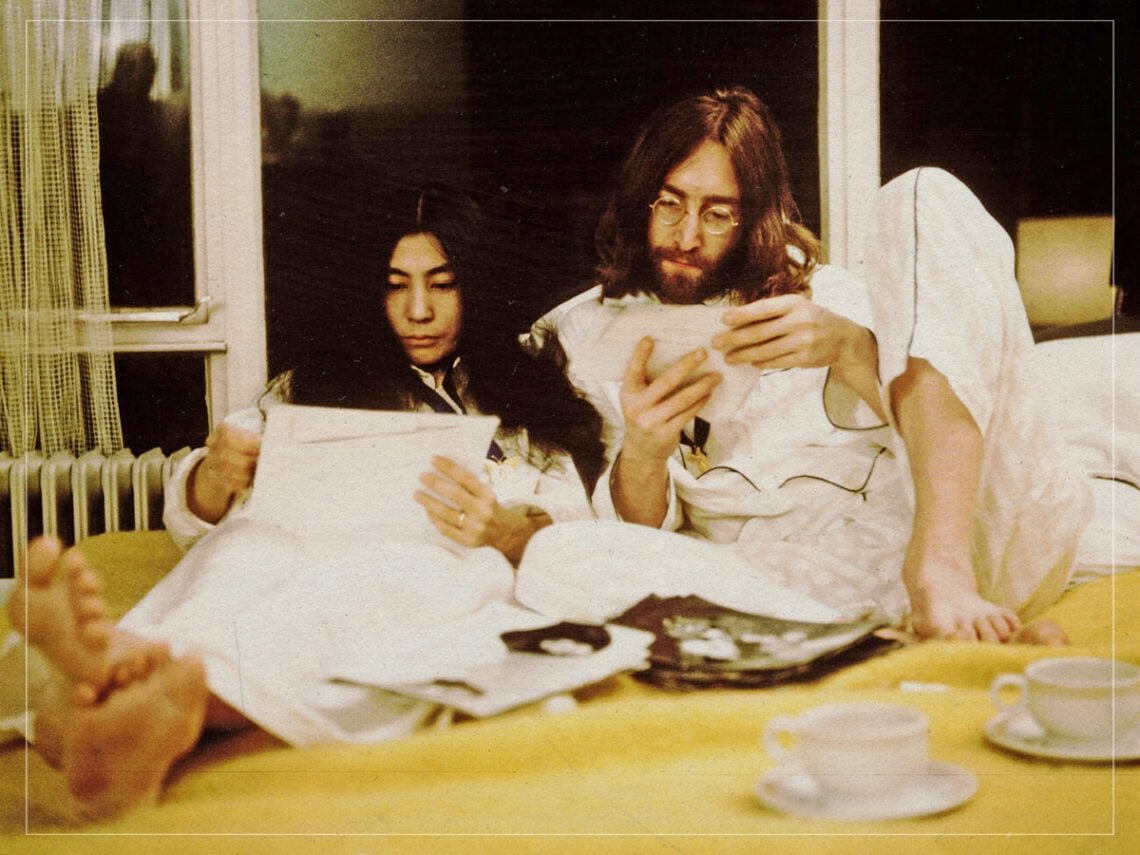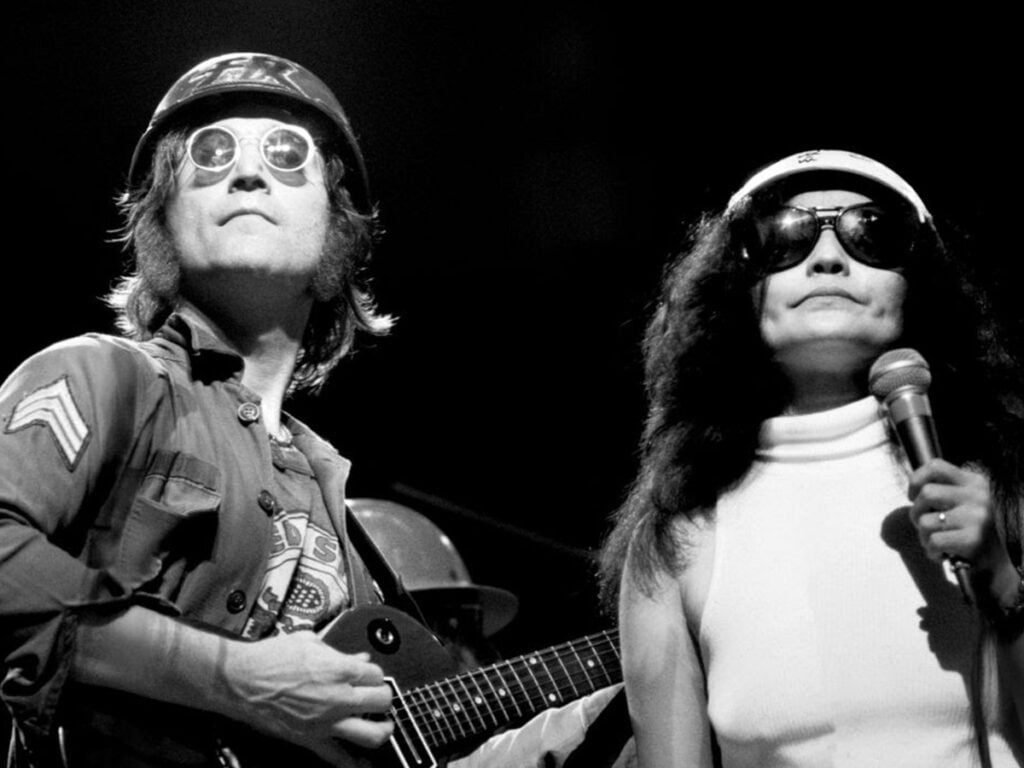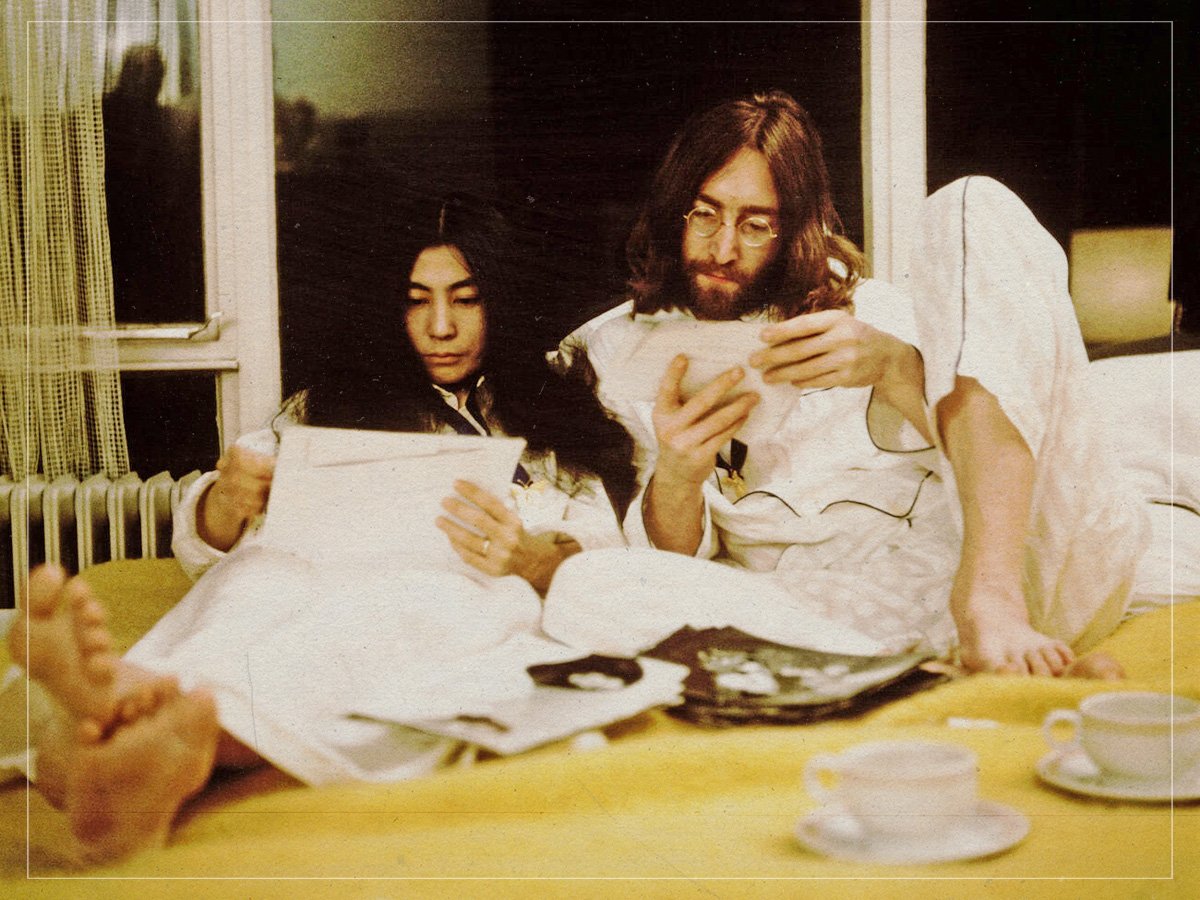
(Credits: Far Out / Alamy)
Sat 27 September 2025 16:30, UK
As the sun scorched Los Angeles into a hazy mirage of hippiedom, Bill Holt sat listening to the radio wondering whether 1969 might just be the greatest year in music history.
It was August and the airways were awash with Motown reimaginings by Dusty Springfield, the first whiffs of punk from MC5, and David Bowie was singing about space.
A few hours later, Holt, like millions of others, was thinking it might be the last great year for music, too. In fact, there was suddenly a sense that the wellspring of flower power has succumbed to a sudden drought of darkness and despair.
News of terrible murders, that would later become known as the Manson Family slayings, sent ripples of terror around the world, seizing Hollywood, the very symbol of liberty and joy, in a rapt of odious horror. It seems that the ripples of these crimes still reverberate throughout the world as a pivotal moment in the unfurling permutations of ‘the zeitgeist’.
The general feeling regarding the 1960s, as held by those who even lived through it, is that the decade was one of extraordinary progress. Things, in short, were good. However, if you look at the bullet points of the major events, from the assassinations of JFK, RFK, and MLK to the Bay of Pigs, countless deaths in the Vietnam War, the so-called Mississippi Burning, and plenty of other atrocities, you wonder how things could possibly have been rose-tinted.
Ultimately, it was because The Beatles had managed to subsume all of this. They had left an impression that everything was reconcilable and redeemable in the emergent boon of ‘pop culture’.
 John Lennon on stage with Yoko Ono. (Credits: Michael Nergin)
John Lennon on stage with Yoko Ono. (Credits: Michael Nergin)
Alas, the slayings on that August night sounded the death knell of that rosy outlook. These killings were interwined with pop culture, whether you believe the whole ‘Helter Skelter’ theory or not. And so, a sense of darkness and contemplation pervaded. John Lennon, never too chipper about the status quo at the best of times, became even more discontent with simplicity and cliché.
However, one band were answering his call for depth, experimentation, and a new alternative for changing times. They were, not without a degree of eerieness, called Family.
The English rock band formed in Leicester in late 1966, predating their fellow Midlands pioneers Led Zeppelin and Black Sabbath. While they were far from as heavy as those two peers, they carried the same intent of subverting the blues in strange new ways. And they caught Lennon’s ear in the process.
“Musically,” Lennon said in ‘69, “they’re about the most interesting band out there.” It seems he recognised in them a quality that they almost failed to see in themselves. They were busy “churning” out tracks at pace, and in the process, they were producing something naturalistic and defying the bandwagon of ‘Summer of Love’ sounds that was careening towards a ditch.
“For 18 months or so we were just couldn’t go wrong,” frontman Roger Chapman recalled. They were the fresh new band making waves. But to some extent, Lennon’s praise proved to be a poison chalice.
They had risen to lofty heights with their heads firmly down in pressure-free creative abandon. This was the root of their more experimental approach. Suddenly, as the world darkened around them, it felt as though things were tightening on their free rein, too. By 1973, they would call it a day.
However, while this premature curtailment might have cast an obscurity upon them, Lennon was no fool, and the interesting music that they produced can be heard in the ripples of the 1970s, when the call for something new was suddenly all the more pressing.
Related Topics

